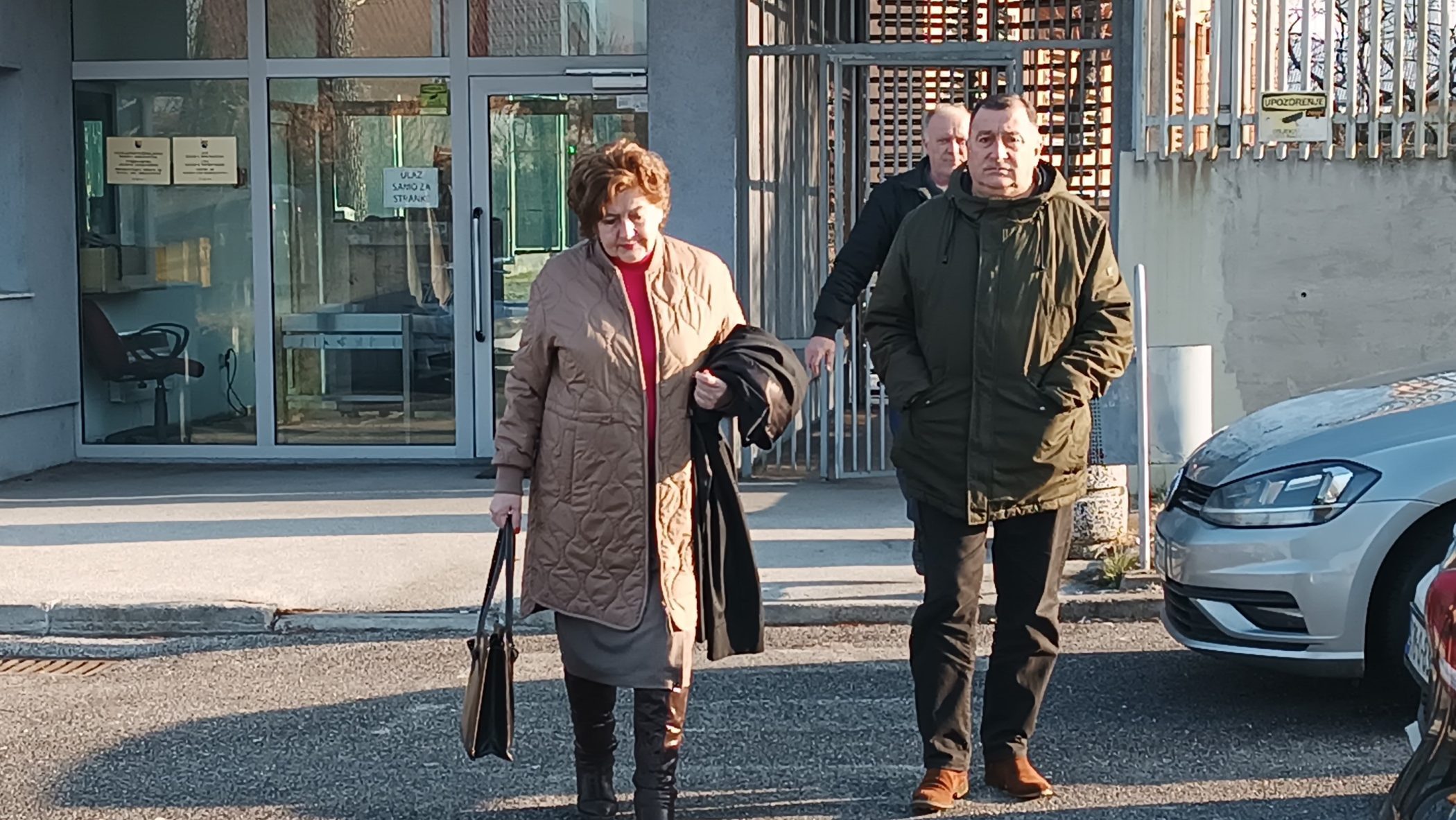This post is also available in: Bosnian
In closing arguments at the Bosnian state court on Monday, Sretko Pavic’s defence lawyer said that the defendant should be acquitted of taking five Bosniak civilians to a checkpoint in Rizvanovici in the Prijedor area in the second half of June 1992, detaining them and then killing them.
Defence lawyer Ranko Dakic argued that the testimony given by a protected witness codenamed S-1, an alleged eyewitness to the killing of the five members of the Causevic family, contained factual inaccuracies.
“Witness S-1’s testimony is contradictory to all other witnesses’ testimonies. Many allegations from S-1’s testimony are incorrect and a verdict of conviction cannot be based on them,” Dakic told the court.
“ alleged that he saw Pavic and Pero Stevandic after the shooting in the vicinity of the place where the Causevic family members were killed, but there are witnesses who saw only him,” he said, adding that S-1’s identification of the defendant could also be disputed.
Pavic is accused of committing the crime as a member of the Volarska Company with the Sixth Ljubija Battalion of the Bosnian Serb Army’s 43rd Prijedor Motorised Brigade.
According to the defence, it is not disputed that a checkpoint was set up near the school building in Rizvanovici in the second half of July 1992, but it has not been properly established which units were present at the checkpoint.
The defence also did not dispute that members of the Causevic family were arrested in the hamlet of Mihici, near Hambarine, escorted to the checkpoint in Rizvanovici and detained in a building opposite the school, but argued that the identity of their killer has not been proven.
Defence lawyer Dakic insisted that the victims were arrested by members of the Bosnian Serb Army’s Ljeskare Company following the murders of two soldiers from Ljeskare.
“The prosecution has not proved the existence of a crime against humanity and an organised attack against the civilian population, or that the defendant knew of that attack. The defence considers that this was a conflict between two opposing sides, not an attack on the civilian population,” he added.
The verdict will be handed down on June 24.




